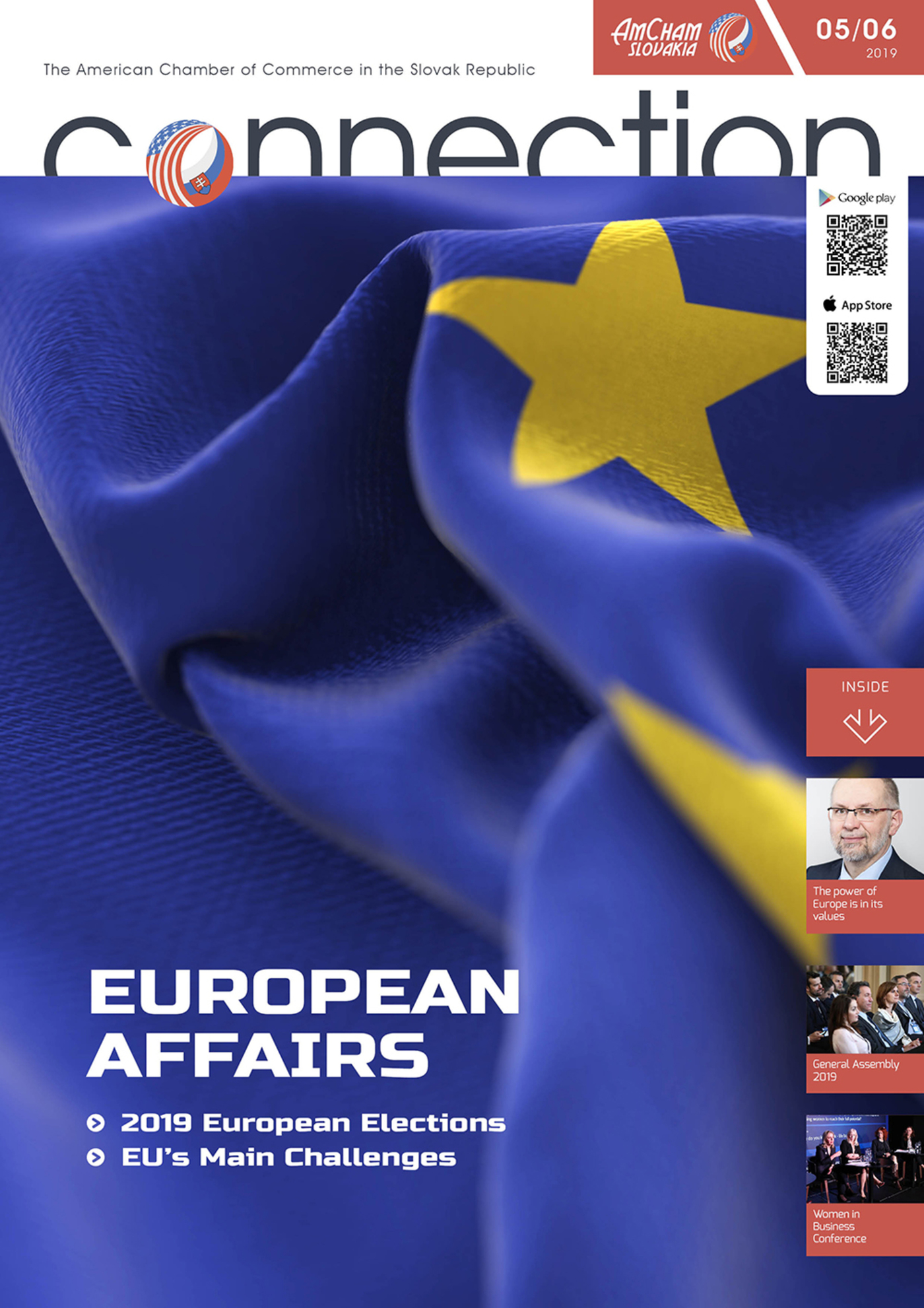On the other hand, voter turnout in Slovakia in the last European Parliament elections was only 13 % - the lowest in the EU. Except for the advantages mentioned, a part of the citizens associate the EU with negative phenomena, such as bureaucracy, inefficient use of resources or insufficient external border protection. A significant number of Eurosceptics run for votes in the upcoming European elections and a part of them want to convince the public about the need for a Slovak version of Brexit.
These facts indicate contradictory references which will be used in the discussion preceding the European Parliament elections in May. The EP elections in Slovakia will take place for the fourth time. Without a doubt, the campaign will deal with the questions associated with the activities of the European institutions, Slovakia’s position in the EU and its future priorities. Now, let me use my long experience in working with European institutions in Brussels as well as in Slovakia to outline my point of view on these matters status and the challenges awaiting EU in the near future.
In the first place I would like to mention values. The European Union has been based on peace enforcement, freedom, democracy and solidarity since its founding. These values are clearly demonstrated in the four pillars of the European community – free movement of goods, people, services and capital. Thanks to the single market, Europeans can travel, study or work abroad freely or profit from the high European standards in the field of product quality and safety, consumer protection or environment.
In these post-factual times, these values are often taken for granted even though they should not be and the European Union still needs to be their significant guarantor.
The EU is also important as a global player. The European Community can undoubtedly influence world events more effectively than the 27 individual medium or small states by themselves. This ability is crucial not only for agendas such as climate protection, global food protection or fight against terrorism, but also for conflict resolution outside our borders and its consequences.
EU’s engagement in the Paris Conference on Climate Change serves as a good example. Almost two hundred countries have committed to fulfill the obligations stemming from the conference. The Agreement gave a clear signal to investors, enterprises and policy-makers about the inevitability of the clean energy transition and the need of using different resources than carbon fuel.
The third key factor of EU’s influence is its economy. EU countries are nowadays a part of the largest single market and trading bloc with half a billion citizens. In the past 25 years, Europe has become one of the most attractive places to live. The EU now has a stronger position in negotiating trade agreements with third parties. So far, it has concluded trade agreements with seventy countries.
Common rules, legislation or common currency – used in 19 EU countries – simplify life for the European entrepreneurs. The EU supports the development of medium and small sized enterprises through various programs, which are aimed to modernize them or simplify the access to financing. The common policies have great impact on increasing the competitiveness of European companies.
The support for science, research and innovations is still a challenge for the EU. New megatrends such as artificial intelligence and circular economy will substantially change the society and economy. Half of the professions are estimated to be automatized in the upcoming twenty years. This change will bring not only the disappearance of jobs as we know them; it will also create new ones. The EU must therefore act swiftly and effectively to remain at the forefront of the new wave of innovation and to be successful in global competition.
Regardless of who will win the elections in May, I believe that the values I mentioned will continue to apply. I believe that the European Union will remain a strong community based on common values and economy and it will continue to be an example of successful cooperation and inspiration for other world regions.
Ladislav Miko, Head of Representation of the European Commission in Slovakia



Follow us